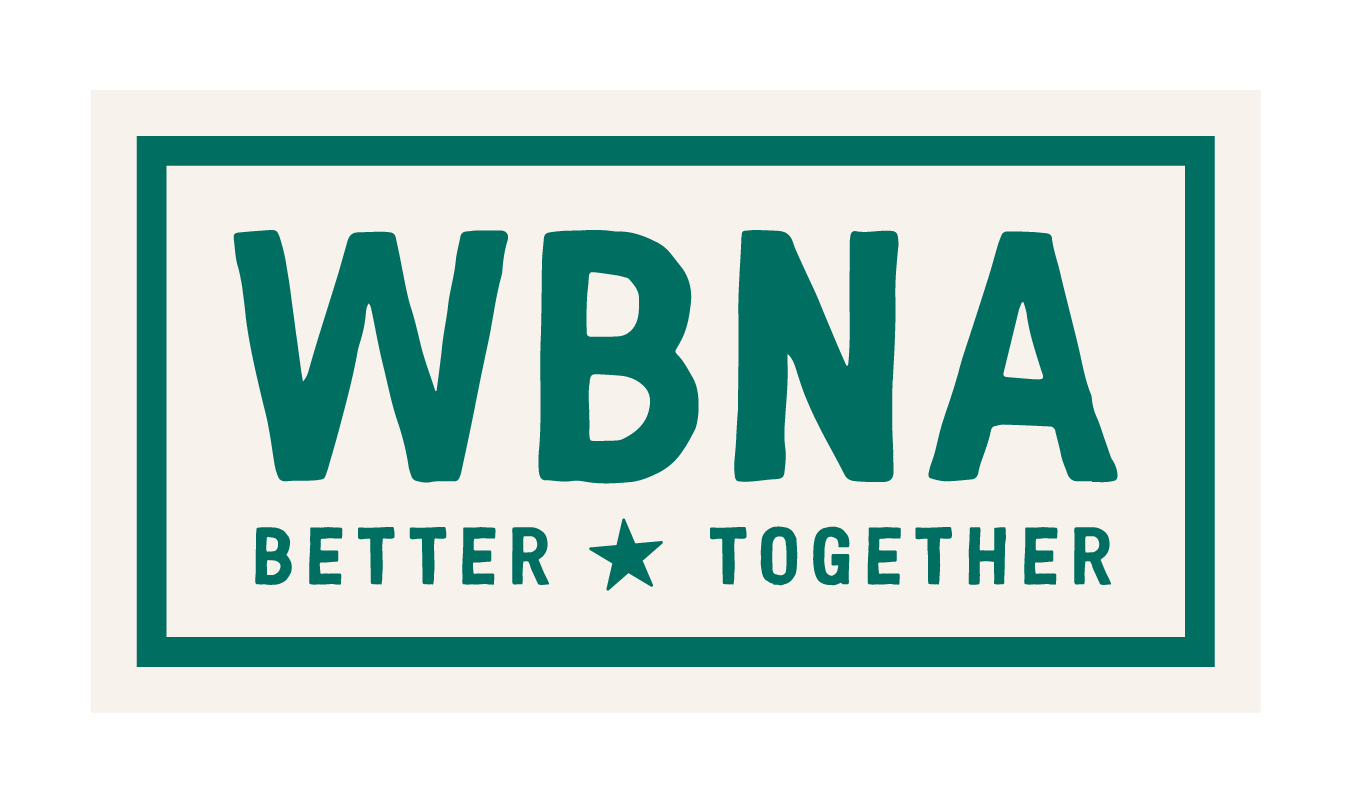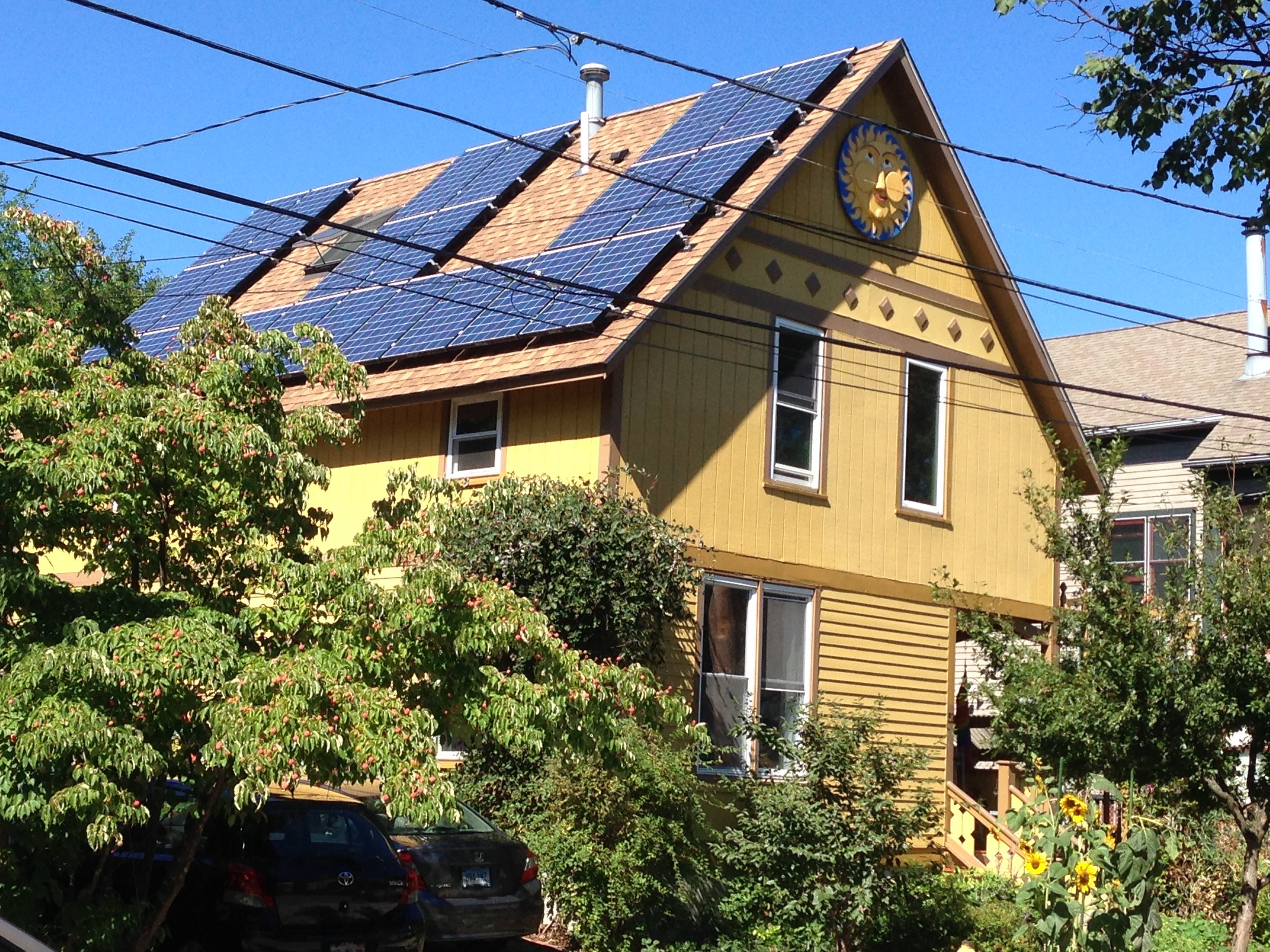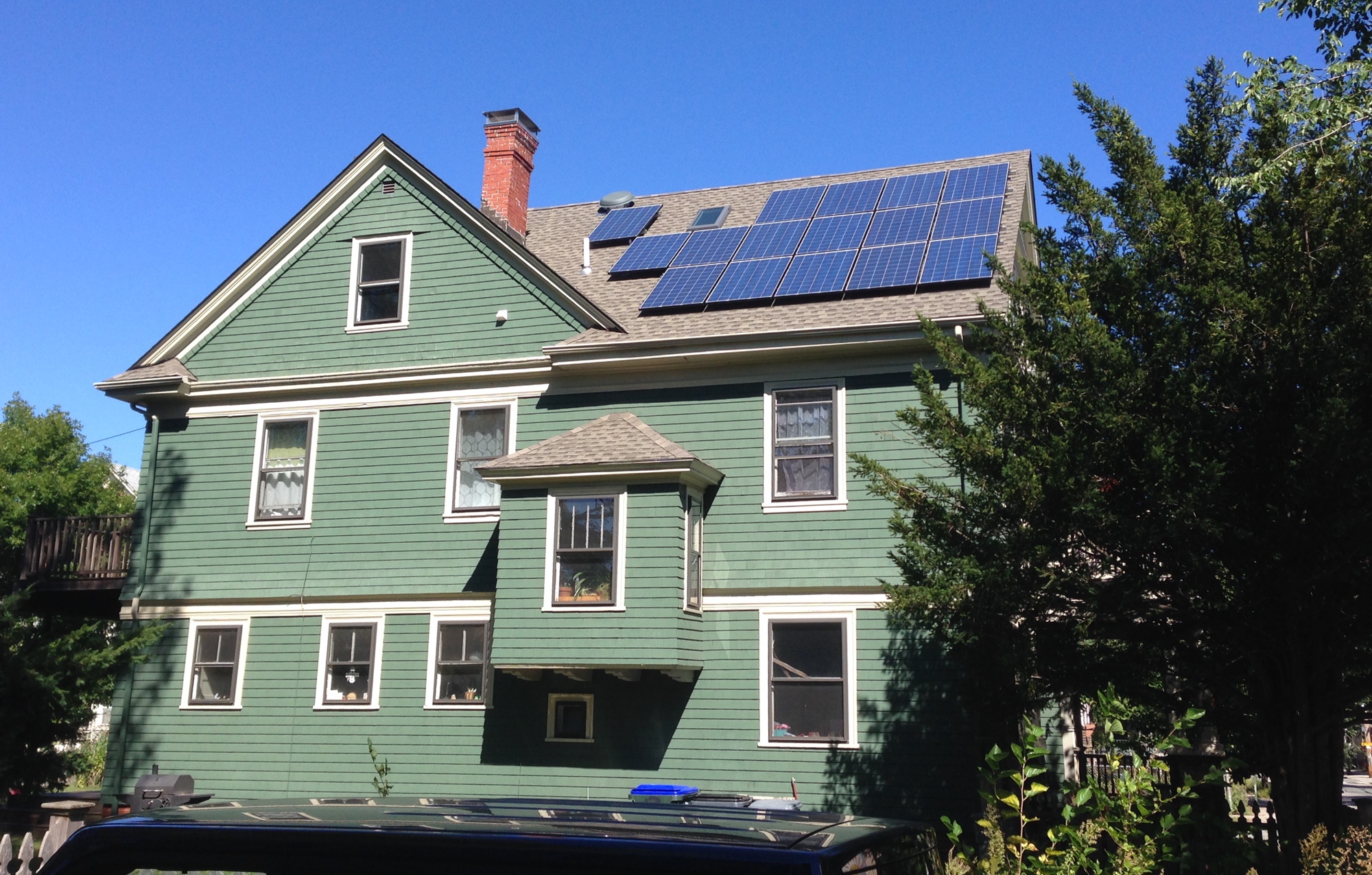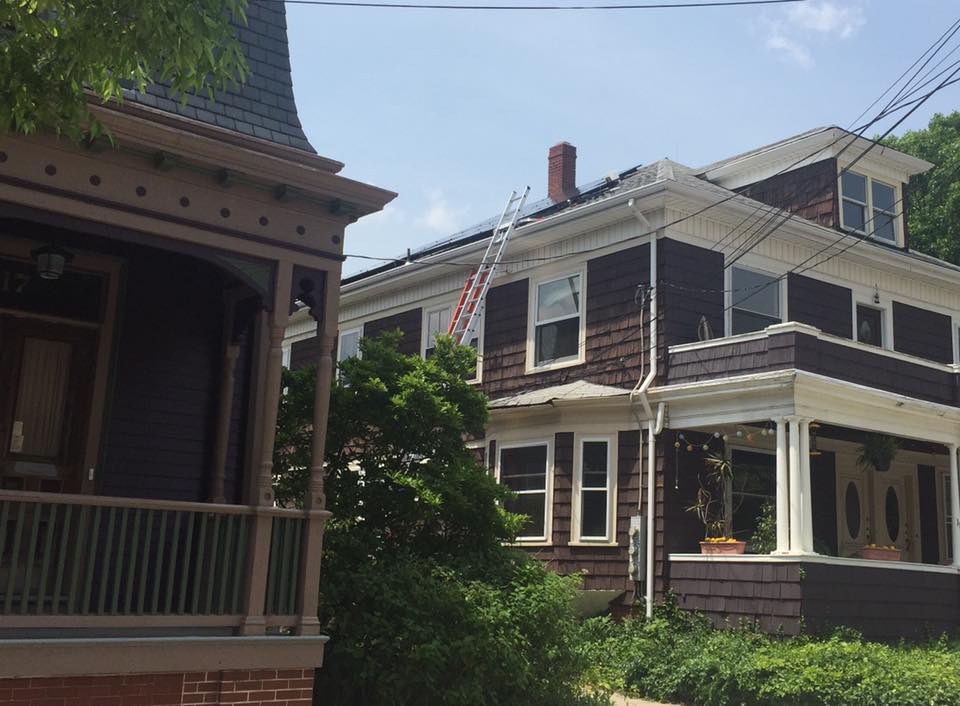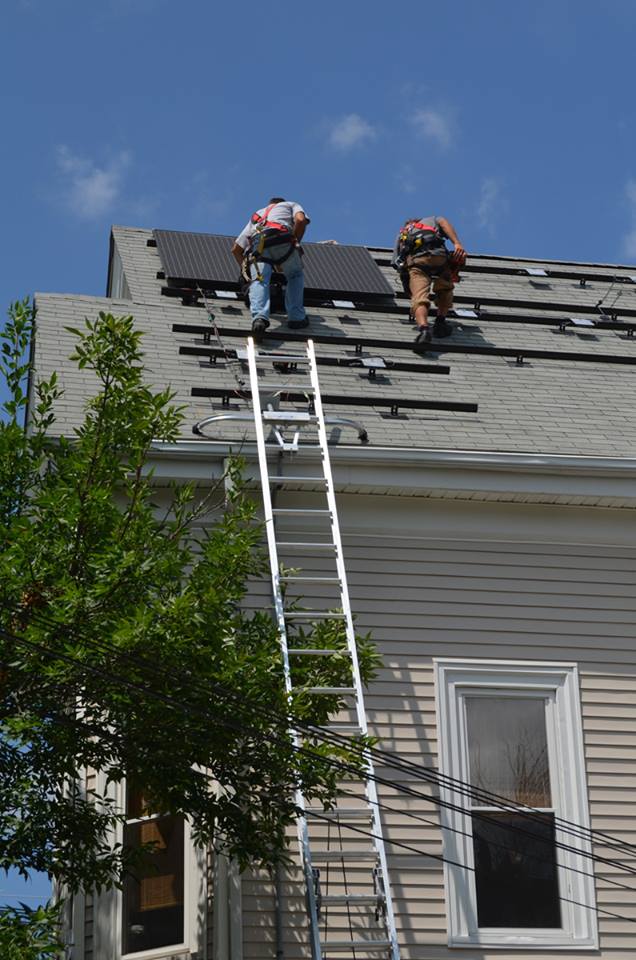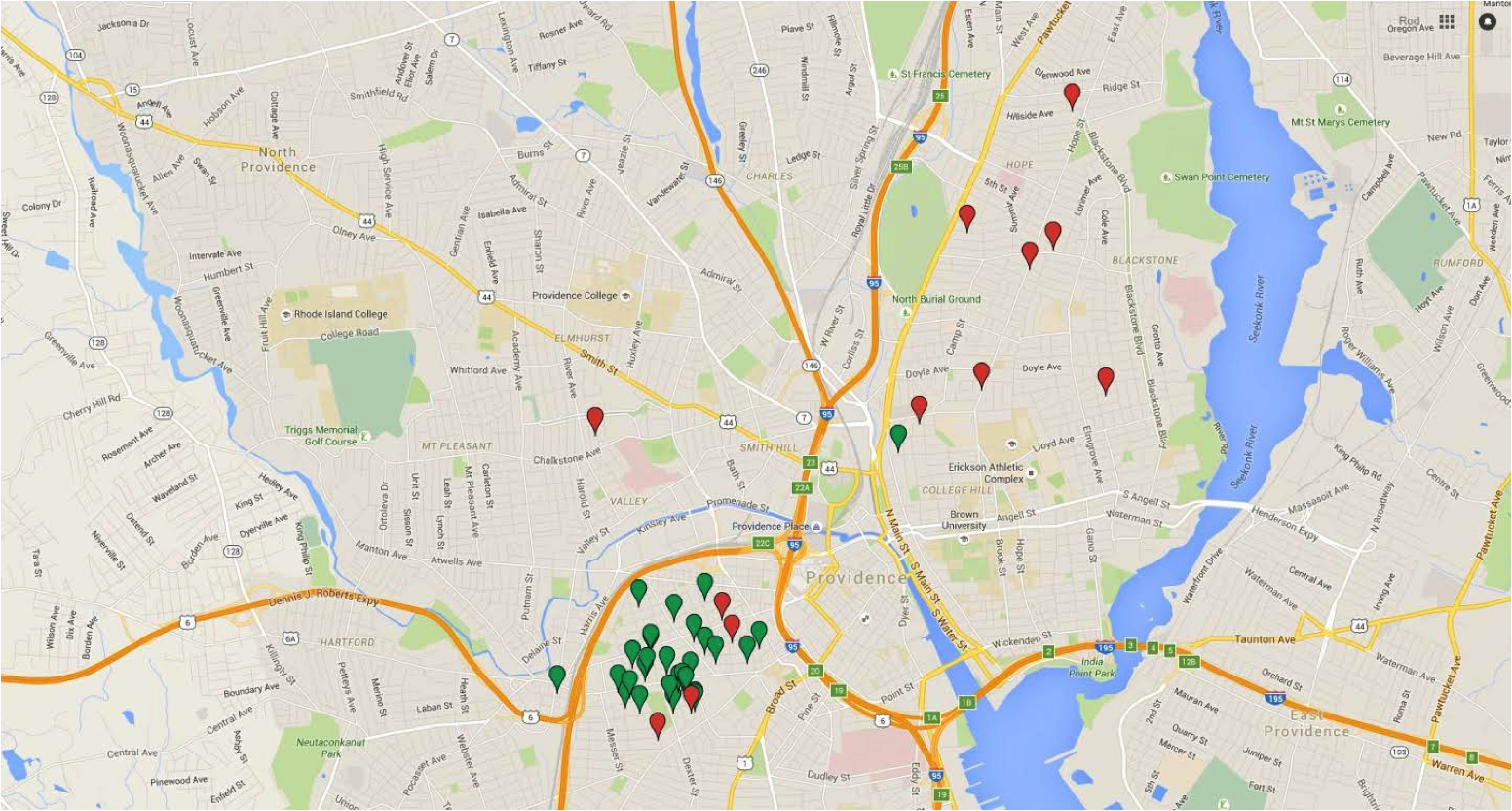Go Solar PVD
In 2011, WBNA launched its bulk purchase solar panel program – the first of its kind in Rhode Island – making renewable energy initiatives more affordable to home and business owners, and encouraging the use of green practices in historic districts.
GO SOLAR PVD 2019
WBNA, with neighbor-owned Sol Power, offered a bulk purchasing program for solar panels on residential and business properties located in Providence and throughout Rhode Island through November 30, 2019.
This program allowed property owners to take advantage of a federal tax credit that covers a significant portion of the project cost, benefit from group discount pricing on installation, pay less each month than an electric bill, and get a 8-12% return on investment!
background
WBNA created Rhode Island’s first bulk purchase solar panel program in 2011 called West Side Solar. With grant funding from RI Commerce Corporation, WBNA facilitated the installation of solar panels on thirty-three homes and small businesses totaling 133.96kW.
In 2015, WBNA expanded its program beyond the neighborhood, and worked with SolPower on an additional eleven solar panel installations equaling 60.46kW throughout Providence. Then, starting August 1st of 2019, WBNA rejoined with SolPower to launch our third round of solar installations for residences and small businesses.
Go Solar PVD is a group purchase solar panel program that realizes economies of scale to provide photovoltaic (PV) systems to qualified homes and businesses in WBNA’s focus area and throughout Providence and Rhode Island. Local vendor Sol Power provides competitive, group discounted pricing for a direct-ownership model for residential and small-scale commercial installations, and special pricing for larger commercial projects, as well.
WBNA’s bulk purchase solar panel program has so far facilitated 44 solar panel installations on residences and businesses in the neighborhood and beyond
Goals
Reduce reliance on public utilities
Make utilities more affordable
Promote renewable energy
Integrate with historic districts
Take the confusion out of PV for neighbors by taking on the permitting and coordination of installation
Serve as a model for other RI communities to follow
